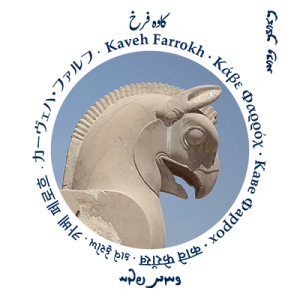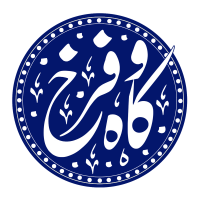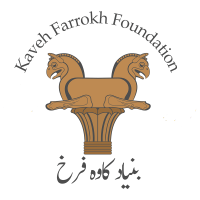The Nowruz Iranian New Year is now an official holiday in Georgia:
Nowruz declared as a national holiday in Georgia (Reprt by the Georgian News Agency on March 21, 2010)
Nowruz has powerful roots in the Caucasus due to the heavy historical influence of Irna in the region since pre-Islamci times. As noted by Professor Mark Whittow of Oxford Unviersity:
“The oldest outside influence in Trans-Caucasia is that of Persia (p.203)…many of its populations, including Armenians and Georgians, as well as Persians and Kurds, the Transcaucasus had much closer ties with the former Sassanian world to its south and east than with the world to the west (p.204)”.
[Whittow, Mark, The Making of Byzantium: 600-1025, University of California Press, pp. 203-204].

Talysh girls from the Republic of Azarbaijan (ancient Arran or Albania) engaged in the Nowruz celebrations of March 21. The Talysh speak an Iranian language akin to those that were spoken throughout Iranian azarbaijan unitl the Turkic arrivals of the 11th century AD.
There are now indications that a large proportion of the inhabitants of modern Iran have a number of shared genetic characteristics with modern Georgians: Kindly consult a recent study by Professors Nasidze and his colleagues,
A very interesting paper published recently by Babak Rezvani disusses the history of the Fereydani Georgians of the seventeenth century in the general vicinity of Isfahan, the Iranian capital during the Safavid era
Babak Rezvani: The Fereydani Georgian Representation of Identity and Narration of History (pdf). Downloaded from the British Columbia University System Library resources.
The musical influences of Iran continue to resonate in the Caucasus. The Georgian instrumental folk song at the link below begins with melodies with connections to the Balkans and the Zamfir notes of Romania; this then transforms into a distinct Perso-Georgian rhythm. The song then concludes with that Perso-Georgian melody played in a fast-paced Caucasian (Kafkaz) beat:
http://www.youtube.com/watch?v=wNUtwuGycsc (kindly click here to enjoy this Georgian folk song with an embedded Persian melody)
For more information on the connections between Iran and the Caucasus, kindly consult the link below:
Nodar Kumaritashvili (1988-2010). the late Georgiam Luge competitor who tragically died during practice runs fin Whistler, British Columbia during the Vancouver 2010 Olympics. His name “Nodar” is the Georgianized equivalent of the Iranian “Nader”.



